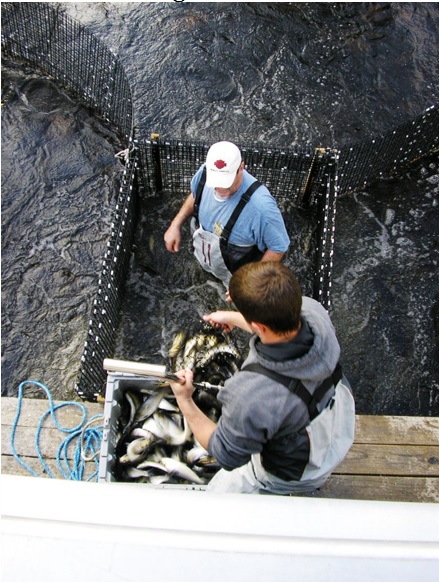The Fisheries, Fishermen, and Fishing Communities class at COA is busy churning out educational and engaging blog posts all about their adventures. The latest? “Never Smelt So Good: The 16th Annual Smelt Fry and Fisheries Celebration” regales readers about the delicious smelt fry hosted by the Downeast Salmon Federation in Columbia Falls, Maine.
The 16th Annual Smelt Fry and Fisheries Celebration was quite a success in raising awareness for important fish species like smelt and Atlantic salmon that need river systems, and the event brought together members of the Downeast Maine community, whose support for Maine fish is vital to their continued survival. Community events like the smelt fry are important to bring people from various backgrounds together to work towards a collective vision to keep local fisheries healthy for all, while having a great time! Want to help in the recovery of smelt or Atlantic salmon in Maine? This website has some good ideas and you can visit DSF’s site to find out how to help out with their programs.

COA students from the Fisheries, Fishermen, and Fishing Community class conversing with attendees of the Smelt Fry in Columbia Falls. Photo Credit: C.J. Pellegrini

